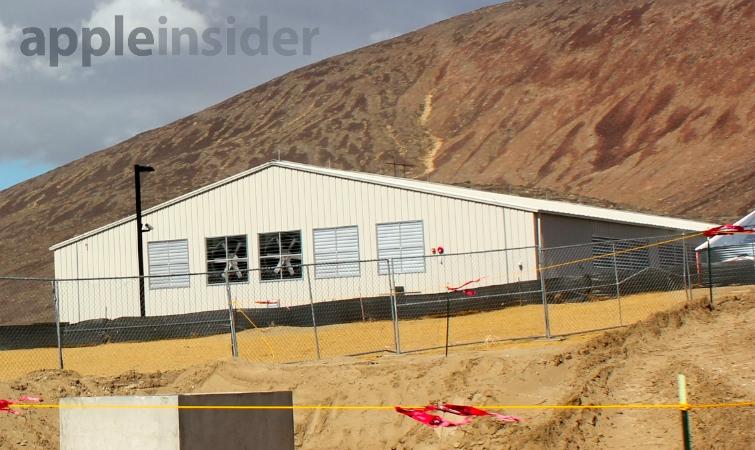
Good sanitation practices such as removing fallen leaves and fruit will also minimize the recurrence of these plant pests. Applying dormant oil mixed with lime-sulfur during the late winter will control over-wintering insects and diseases. Proper cultural practices and regular inspection can minimize the significance of these pests. Pests – Common pests affecting home orchards include aphids, spider mites, whitefly, leafhopper, scale, codling moths, borers, powdery mildew, peach leaf curl, cankers, fire blight, and root rot. Though trees will naturally drop their fruit during the summer, we can help them by removing fruit before the limbs become so overly burdened with fruit that they break. Plum, prune, peach, nectarine, and apricot should have a vase of open center formįruit Thinning – Fruit thinning is necessary to reduce limb breakage as well as to increase the quality and size of the fruit. Apple, pear, Asian pear, and cherries should have a central leader with strong branching.

Mid-summer pruning is appropriate for correcting structure. Major pruning should be done during the late winter or early spring before the tree starts bud break. Dead or diseased branches may be removed at any time. Once this is achieved, prune every two to three years to maintain this structure. Pruning – Yearly pruning of young fruit trees is critical for the first four years to develop a proper branch structure. Choosing an organic-based fertilizer is recommended since these fertilizers will last longer in the soil and encourage healthy living soil. These are typically higher in nitrogen, with moderate phosphate, and low potassium. More frequent water exposes the trees to stress which can lead to canker, rot, insect infestations, and eventually death.įertilizing – Fertilize trees with an all-purpose fertilizer or one specifically formulated for fruit trees. Typically this means once or twice a week for a tree that’s been planted three years or more. Watering – Fruit benefits from deep watering with time between watering to allow the soil to dry out. A soil test is recommended to determine which amendments are required. Follow Moana Nursery’s Guide to Successful Planting for instructions. Planting – Fruit trees should be planted the same as any other tree or shrub. Peach leaf curl, bacterial spot, and powdery mildew are the most common diseases of this group. Aphids, codling moths and peach tree borers are the common insect pests. Thin fruit after it has reached 1 inch diameter to a 6 inch spacing along branches. Some apricot varieties are self-fruitful while others require a specific pollinator. Peaches are self-fruitful and do not need a pollinator. Plant in well-drained soil they do not tolerate over-watering or soggy soil. This group blooms early, so frost protection is needed, preferably with site selection. Aphids are a major problem when they attack new growth in spring.Īpricot, Peach & Nectarine – Small trees up to 16 feet, with dwarf to ultra-dwarf varieties available. Cherries grown in our area should have chill hour requirements of 700 hours or above. Most require a pollinator, even though they may be self-fertile. Sweet & Sour Cherries – Semi-dwarf to ultra-dwarf varieties are available. Aphids, borers, and powdery mildew are common pest. European plums do not require thinning but Japanese plums need thinning for 4 to 6 inch spacing of fruit. Chilling requirements for plums range between 200 to 800 hours, so do your research. Many are self-fruitful, but a few varieties need a pollinator. Plum & Prune – Semi-dwarf to ultra-dwarf varieties are available. Few varieties are self-pollinating for those which are not, selection of a pollinator is very important. Asian pears require acidic soil, between 5.9 to 6.5 pH. Chilling requirements are low, generally between 300 and 500 hours, so site selection is important for producing fruit. Pears are susceptible to fire blight disease and root rot.Īsian Pear – Asian pears resemble the shape of an apple and need to ripen on the tree. Codling moths will cause worms in the fruit.


Fruit rarely needs thinning, but two fruit per cluster is ideal. The fruit can be picked while still green and ripened while stored. Pears have a similar growing and chilling requirement as apples but are much less tolerant of over-watering and wet, poorly drained soils. Pear – Semi-dwarf and dwarf varieties are available. Apples are susceptible to fire blight and powdery mildew. They do require support from trellising or staking, Thinning of fruit should take place a month after blooming has stopped with spacing of apples 6-8 inches apart. Ultra-dwarf varieties grow up to 8 feet in height, so fruit is always easy to reach.

Apple – Semi-dwarfs (18 feet tall), dwarfs and ultra-dwarf varieties are available.


 0 kommentar(er)
0 kommentar(er)
